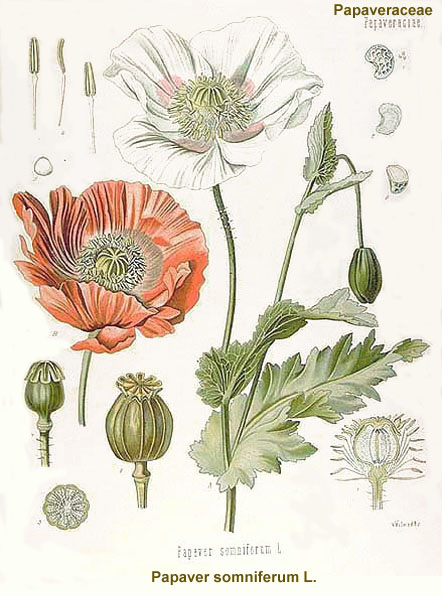 |
| The Opium Poppy |
It struck me as I kept preaching, "Where did I get that 'addict' thing?" Then I was preoccupied with the concept of an addict saint. Surely I read that or something. Hopefully I didn't make something up.
I did read that. Knew it! There is an addict saint. An opium addict.
Here it is:
 |
| The Boxer Rebellion |
Mark couldn’t receive communion because his addiction was regarded as gravely sinful and scandalous. He prayed for deliverance from his addiction, but deliverance never came. Nevertheless he remained a believing Catholic. At his trial he was given a chance to renounce his faith, but he refused. It is said that he sang the litany of the Blessed Virgin Mary as he was led to his execution.
Saints are exemplary people. The Church creates them so we can learn from them. So what can we learn from St. Mark Ji Tianxiang?
For starters, he shows that anybody can become a saint—even a man who was kicked out of the church for giving public scandal. By canonizing him, the Church also signals a different attitude toward addiction than the one St. Mark’s pastors had a century ago. Drug abuse is sinful, but addiction is also a disease of the mind and body. Addicts today are not excluded from the sacraments because they are addicts.
I also marvel at St. Mark’s confidence in the mercy of God. He probably shared the village’s opinion of him—that he was serious sinner who was behaving terribly. He must have felt despair in his futile struggles and perhaps some bitterness too. But he persevered in his faith. I suspect that in his brokenness he met the suffering Christ. In the end, he went to his death confidently, trusting that love would receive him. May we all imitate St. Mark.
One of the goals of a recovering addict is that they die sober. This is a glimpse into heaven, I think. That despite our own minds and bodies revolting against what is good for us, we have a desire to end this life with sanity. In doing so, we bear our cross as we trudge toward resurrection.
It's not how you lived, it's how you died that's important. Saints tales tell us as much.
Live well. Die well. Live holy. Die holy. Lived wrong? It's not too late to straighten it up.
